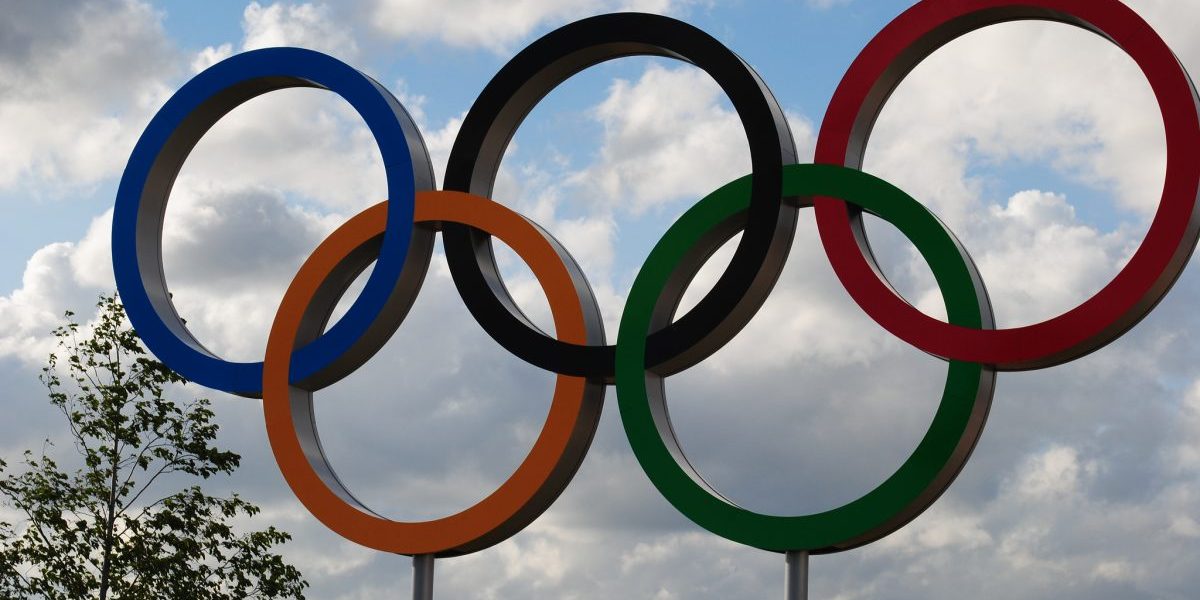In Athens, the nations that dominated the medal rankings – the US, China, Russia, Australia, Japan and Germany – all dedicated fabulous funding to the high-tech art of making humans go faster. Against such technologically enhanced competition, the mere participation of Africans in this or any other such games was Olympian in itself. Hailing from the world’s poorest continent, they travelled to Greece on the back roads of disadvantage. In the developed world, thousands of secondary schools and universities offer free coaching, facilities and regular travel to competitions. In Africa, such funds and facilities are meagre or non-existent.
Yet, 34 times in Athens, laurel wreaths were rested on African heads. In the pool, on the track, along the ancient course from Marathon to Athens, African athletes were feared and hailed. The names Kenenisa Bekele, Meseret Defar and Ezekiel Kemboi are etched in record books. The anthems of Ethiopia, Kenya, South Africa and Zimbabwe hushed crowds with distinctly Africa strains. On the world’s most troubled continent, there is excellence, too.
The human spirit
Africa’s shining moments in Athens provide more than an occasion to celebrate the sporting achievements of an exceptional few. The continent’s performance at the Olympics offered a glimpse of a most potent force that is sorely neglected in debates about African politics and development: the human spirit.
Haile Gebrselassie was the eighth of 10 children born to a farmer’s wife in a mud hut in Ethiopia. Like all his siblings, he toiled on the family farm, chopping wood and threshing grain. Long after his older brothers had abandoned their chores for the day, young Haile would carry on, goading the oxen to plough another furrow. And when he had finished his three-hour journey to fetch the family water, he would run, barefoot and hungry, challenging the hilly countryside.
The impoverished Ethiopian youth of yesterday retired in Athens as one of the greatest athletes of all time. In his final 10,000-metre race, it took his countrymen to beat him. The baton has been passed, but stays in Africa.
‘We African athletes train for the glory of winning and not for the money,’ Gebrselassie said in an interview from Athens. ‘We don’t have the technology, the fancy equipment or the training facilities like the Americans, Russians or the Chinese, but we win because we have the determination to win.’
George Bernard Shaw once mused: ‘The reasonable man adapts himself to the world; the unreasonable one persists in trying to adapt the world to himself. Therefore all progress depends on the unreasonable man.’
From business to science to politics, things that today seem ordinary were once deemed impossible. And yet the unreasonable few persevered with the idea that somehow, through methods as yet undiscovered, the route to success would be found.
Men like Nelson Mandela, Strive Masiyiwa and Mark Shuttleworth adapted the world to suit themselves.
Africa, for the most part, did not choose its challenges, but they must nonetheless be confronted: colonialism and its legacies of imbalance, the Cold War and its legacy of small arms, apartheid and its legacy of racism and poverty, unfair trade and its legacy of fallow fields, debt and its legacy of economic bondage.
A question of determination
In daily life, Africans show no less determination than any other peoples. But often, leaders swap talk for action, mistake intention for endeavour and point fingers instead of rolling up their sleeves. Lack of money, capacity and technology are easily accepted as immovable obstacles. Health, education and agricultural research are allowed to wither. Yet money for ministerial Mercedes can always be found.
In talking about sport in Africa, David Okeya, the head of the Kenyan Olympic delegation, could be commenting on governance in Africa. ‘It’s the same old story,’ he said, speaking on the phone from Athens, ‘African countries don’t have the money for fancy equipment and facilities, our priorities are far greater. If we could get more money we could train more athletes and win more medals, but right now we have to make do with what we have.’
If. The longest word in the English language. If the rest of the world made good for the wrongs it did and does in Africa, the continent would more easily thrive. Then again, if Africa embraces the creative, inspiring determination shown by her Olympic champions, more children on this continent might grow up regarding the unreasonable as achievable.








